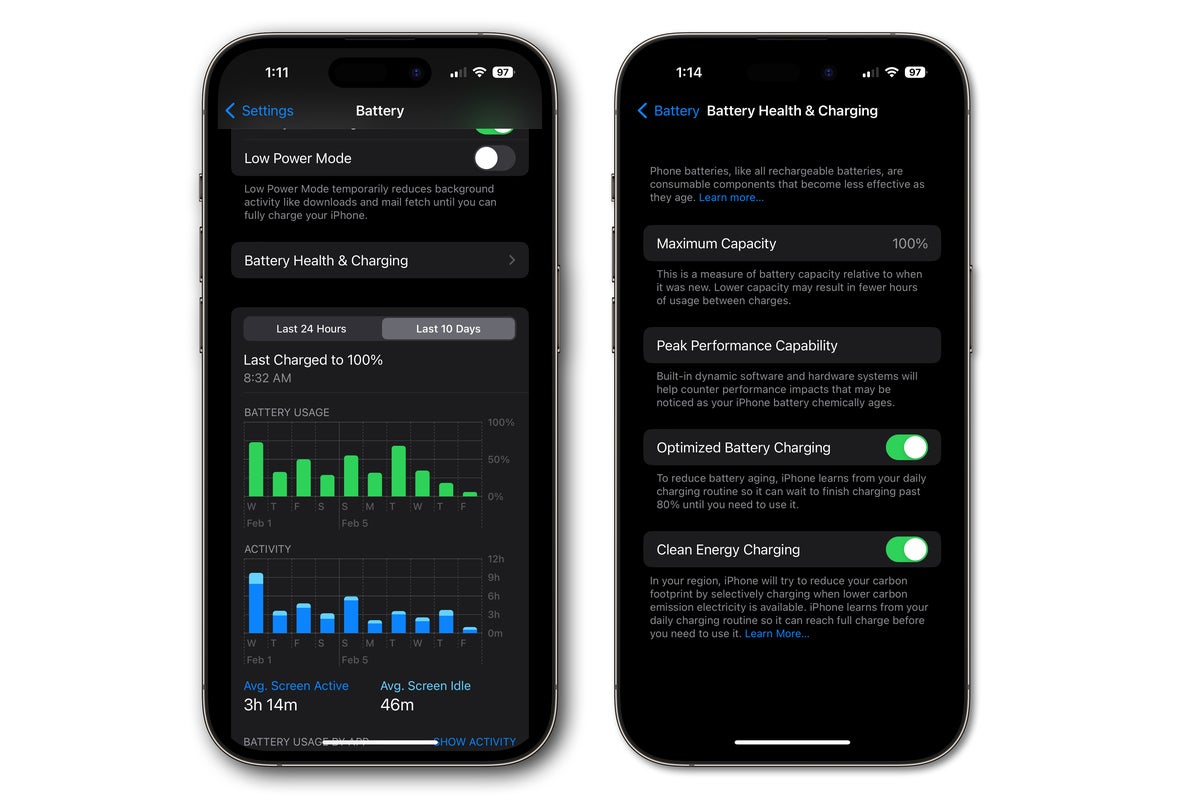Apple might (or might not) be forced to make batteries inside iPhones user replaceable under new EU regulations, but the new laws likely mean the end of the line for super-cheap Android devices.
EU demands easily replaceable batteries
The big change is that manufacturers must put easy-to-replace batteries inside smartphones and tablets by 2027. These must be “removable and replaceable by the end-user, leaving sufficient time for operators to adapt the design of their products to this requirement,” the EU says.
The idea behind the regulation isn’t just to generate additional work for product designers by forcing manufacturers to redesign their device. Nor is it intended to make Apple unhappy. Instead, the aim is to achieve key sustainability objectives, such as boosting battery recycling, making devices last longer, improving battery standards, and creating a circular economy in which precious minerals such as cadmium are better used.
As part of the latter, the law discusses “battery passports” intended to track the point of origin of materials used in cells, an effort to raise another barrier against the use of conflict minerals. The law also puts the onus on battery/device manufacturers to offer effective renewal, replace, and recycling schemes.
While a little onerous, in the context of accelerating movement toward sustainable manufacturing, most of this seems acceptable — even to Apple.
The age of cheap smartphones is over
That’s because, in general terms, Apple is already doing most of this stuff. It already tries to audit conflict minerals used in its devices and has made serious commitments to recycling devices. The company also wants to build a circular manufacturing economy, which is also what the EU aspires towards; those green slides the company shares at every product reveal suggest similar aims.
That’s Apple, but many of the low-budget smartphones on the market aren’t supported by effective recycling schemes, and the components they contain might at times include minerals sourced from war zones. That’s why they’re cheap, and also why their lower-quality batteries often don’t last as long as those in iPhones.
There’s a good reason iPhones dominate the global second user market — they tend to keep working, even if battery strength declines. Plus, they get software and security updates you don’t need to jump through hoops to install. They’re designed to last, and Apple does have recycling processes in place — though the onus of the EU law suggests these may need to be extended.
To some extent, the new regulations cast the death knell for cheaply made, shoddy electronic devices containing second-rate batteries, and should go some way toward reducing the amount of electronic waste chucked into landfills when these devices break in a matter of months.
There are other requirements
Manufacturers will be expected to collect 63% of portable batteries that would normally go to a…
2023-07-15 22:00:04
Post from www.computerworld.com rnrn
